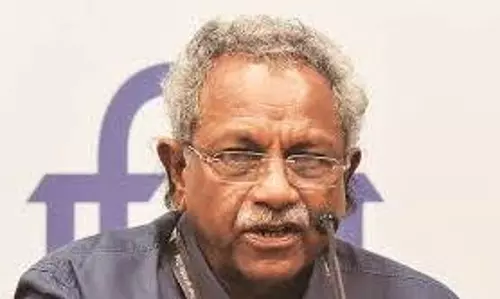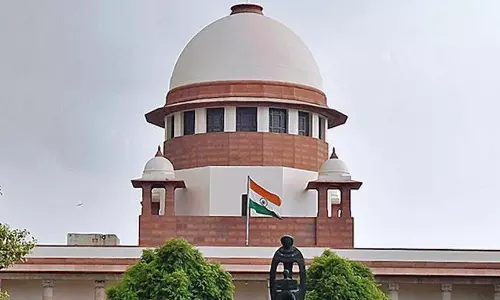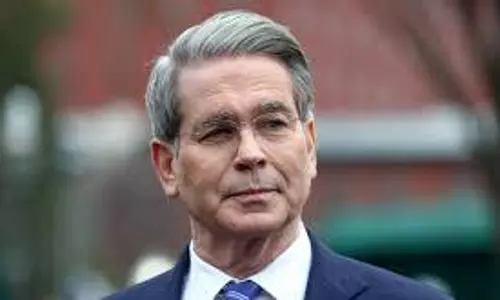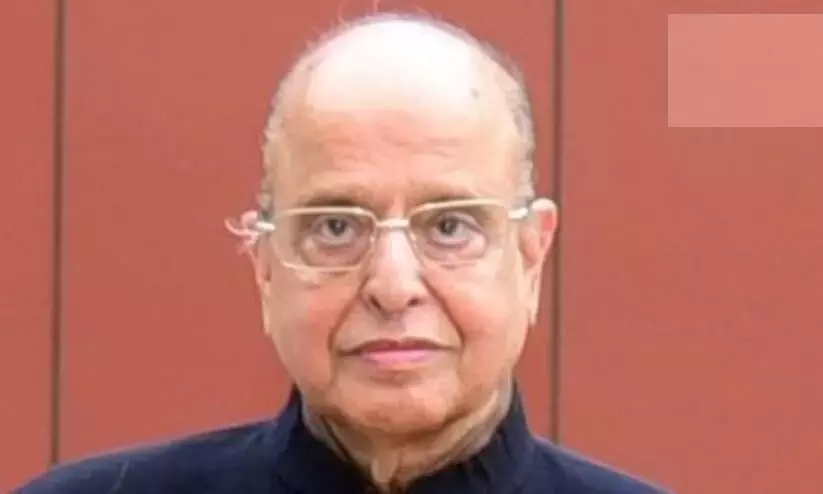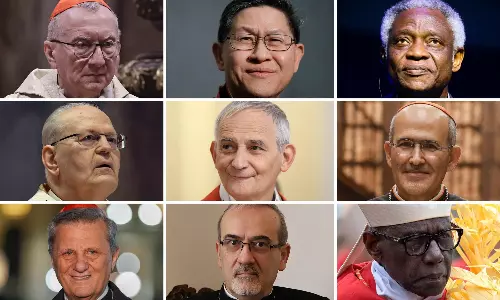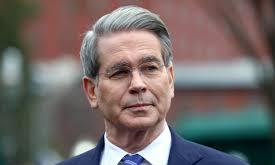
India likely among first countries to finalise new trade deal: US Treasury Secretary
text_fieldsUS Treasury Secretary Scott Bessent on Monday indicated that India is likely to be among the first countries to finalise a new trade agreement with the United States.
Speaking to CNBC, Bessent highlighted that several key US trading partners have made "very good" proposals to avoid upcoming US tariffs, with India leading the way in progress.
"I would guess that India would be one of the first trade deals we would sign," Bessent said, noting that significant negotiations have also taken place with Japan, and discussions with other Asian countries were advancing smoothly.
Bessent referenced Vice President Vance's recent trip to India, where substantial progress was reported. He added that talks with South Korea and Japan have also been productive. Following early morning television interviews, Bessent told reporters that the first of these trade agreements could be signed as soon as this week or next.
Addressing US-China relations, Bessent noted that China's recent decision to exempt some American goods from retaliatory tariffs suggested a willingness to ease tensions. He emphasised that the US had reciprocated by not further escalating the situation with embargoes.
In an interview with Fox News, Bessent also shared that President Donald Trump would be closely involved in the crafting of individual trade deals with 15 to 18 major trading partners. He stressed the urgency of reaching agreements in principle quickly.
When asked about direct talks with Chinese officials, Bessent said, "We'll see what happens with China," implying that it was ultimately up to Beijing to initiate further negotiations. He pointed out that China’s trade surplus with the US — exporting five times more goods than it imports — makes the current situation unsustainable for China.
Bessent reiterated that various parts of the US government remain in communication with China, but maintained that the next move must come from the Chinese side to de-escalate trade tensions.




